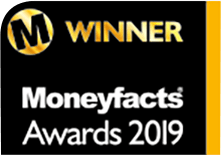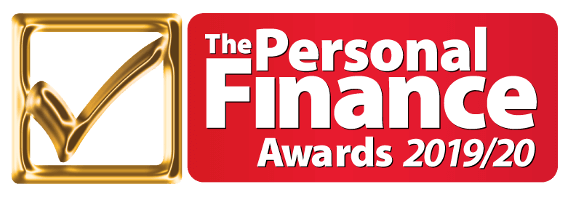An unsecured loan can be used for many different purposes from home improvements to buying a car or even debt consolidation. Every lender has their own borrowing limits but these aren't universal; how much they are willing to lend you will depend on a variety of factors.
What's the maximum unsecured loan available?
Personal loans aren't backed by any kind of assets or security so for the lender, they're one of the riskier types of borrowing. For this reason, there's usually a lower cap on what they're willing to lend; for much higher amounts, a secured loan is often required.
Each lender will have their own very specific limits but typically an unsecured loan starts from £1,000 and goes up to £25,000. A few lenders may be willing to lend more than this, potentially up to £50,000. This is usually banks offering unsecured loans to existing customers.
The maximum amount that can be borrowed will depend partially on the lender's generic limits but will also be dependent upon you. The better credit rating you have, and the more affordable the loan appears to be, the greater the sum that the lender will be willing to allow you to borrow.
In other words, although a lender may have a maximum unsecured loan limit of £25,000, not everyone who is approved will be permitted to borrow that much. The lender will determine how much it believes you can afford, what's reasonable for you to borrow and how much risk you present.
In determining what's reasonable for you to borrow, the lender will consider the purpose for which you've said you need the loan. You can use your loan for most things but some terms and conditions prohibit certain purposes, such as using a personal loan for business spending.
Once the lender has all this information it will then set a maximum loan limit which is personal to you.
How can I qualify for as much as possible?
Before you try to find a lender that is willing to give you the largest possible loan, be very sure that you can afford the repayments. Even though unsecured loans aren't secured on your property, there are still consequences to non-payment.
If you're certain that the loan is affordable, there are certain steps you can take to maximise your borrowing:
- Wait until you are in stable and established employment before applying. Lenders like to see your income is regular and guaranteed.
- Make sure you’re on the electoral roll. This provides a degree of permanence and suggests you are less likely to suddenly disappear.
- Maximise your disposable income. Pay off existing debts where possible to leave more disposable income. Lenders will also be more comfortable if you have fewer existing debts to juggle
- Make sure you’re not at the limit of existing credit. If you are maxed out on all your credit cards, it can be a hint of precarious finances.
- Improve your credit score. If you’ve missed a few payments recently, wait a while and take the time to better your record and show that any problems are in the past.
How can I check if it's affordable?
Being comfortable that a loan is affordable is an absolutely essential step. If you are late or miss repayments you could end up damaging your credit rating, making it hard to borrow money in the future. The lender could also take legal action against you for repayment of the loan.
To calculate whether it's affordable, add up your regular income; don't count anything which is sporadic or not guaranteed. From this deduct all of your outgoings including debts, household bills and any other regular expenditure (such as clothing, school uniform or savings).
Deduct all of your outgoings from your income and the figure which remains is how much money you have left to repay a loan each month. This needs to be higher than the monthly repayment for the loan to be affordable.
To discuss the requirements for an unsecured loan in more detail or to apply, contact Loans Warehouse today on 01923 678 870.



